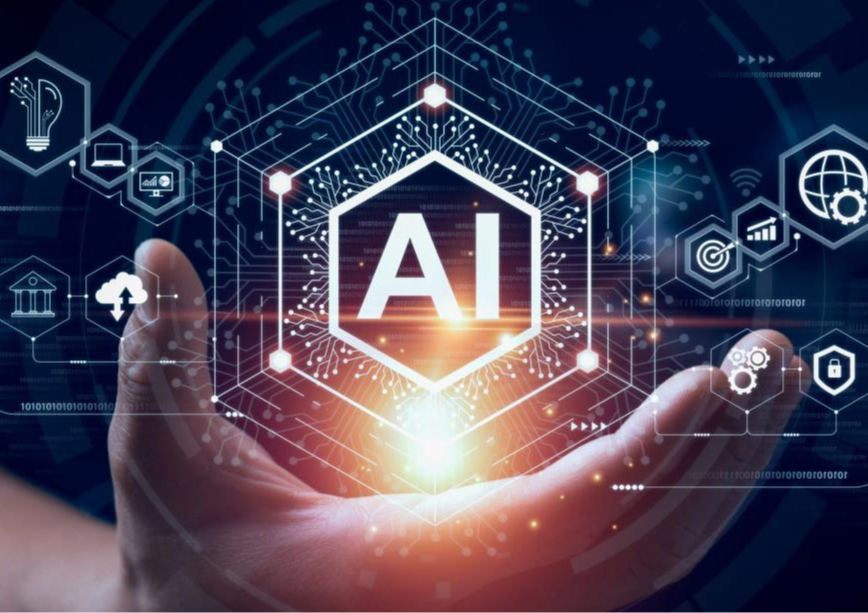Widespread on line misinformation has become a concern, with false stories spreading quickly through social networking and other digital platforms. Based on recent studies, artificial media advances across platforms six times faster than truthful stories. That raising issue has required advanced alternatives, and artificial intelligence (AI) has surfaced as a powerful tool in fighting misinformation. By leveraging unit learning methods, natural language control, and huge data evaluation,Artificial intelligence (umela inteligence) is revolutionizing the way misinformation is recognized and addressed.
Education AI to Place Artificial News
AI methods rely on vast amounts of education information to effectively recognize fake information. Equipment learning formulas are subjected to equally credible and fake material, helping them realize common styles connected with inaccurate articles. Research indicates that fake news often gives specific characteristics, such as sensationalist language, insufficient credible sources, and high headlines.

For instance, natural language control (NLP) enables AI methods to analyze sentence structure, tone, and keywords to catch information that deviates from normal journalistic standards. Likewise, AI instruments evaluate metadata, such as timestamps and authorship, for anomalies that could suggest fabricated stories. These operations help make certain that possible misinformation is flagged for more review.
Social Press Monitoring and Automated Fact-Checking
AI represents an integral role in monitoring social programs, where a lot of the misinformation originates and spreads. Calculations are created to check articles, comments, and gives for potential falsehoods by analyzing individual communications and suspicious patterns in the content. Resources like belief examination recognize whether an article is spreading fearmongering or propagating malicious narratives.
One growing software of AI is computerized fact-checking. With over 4.5 million persons accessing the internet globally, human fact-checkers cannot possibly maintain the scale of content being printed daily. AI helps connection this distance by cross-referencing states against trusted sources and providing computerized fact-checking reports. As an example, reports have found that automation resources may minimize the time taken to identify false statements by up to 70%.
Issues in AI Misinformation Detection
AI's battle against misinformation isn't without challenges. Formulas can be biased if the training data lacks variety, ultimately causing fake benefits or missed misinformation. Furthermore, adversarial techniques such as for instance manufactured images or improved movies (deepfakes) continue to evolve, requesting AI to conform quickly to constantly changing techniques.

The Potential of AI in Misinformation Detection
AI's power to analyze large sizes of information in real time makes it an invaluable resource in sensing misinformation. While the engineering continues to enhance, it must be used with human treatment to make honest and accurate judgments. For consumers, cross-checking data with respected resources remains crucial in moving the digital era responsibly.
AI is undoubtedly a game-changer, supplying a practical guard against on the web falsehoods and paving just how for an even more knowledgeable digital ecosystem.
